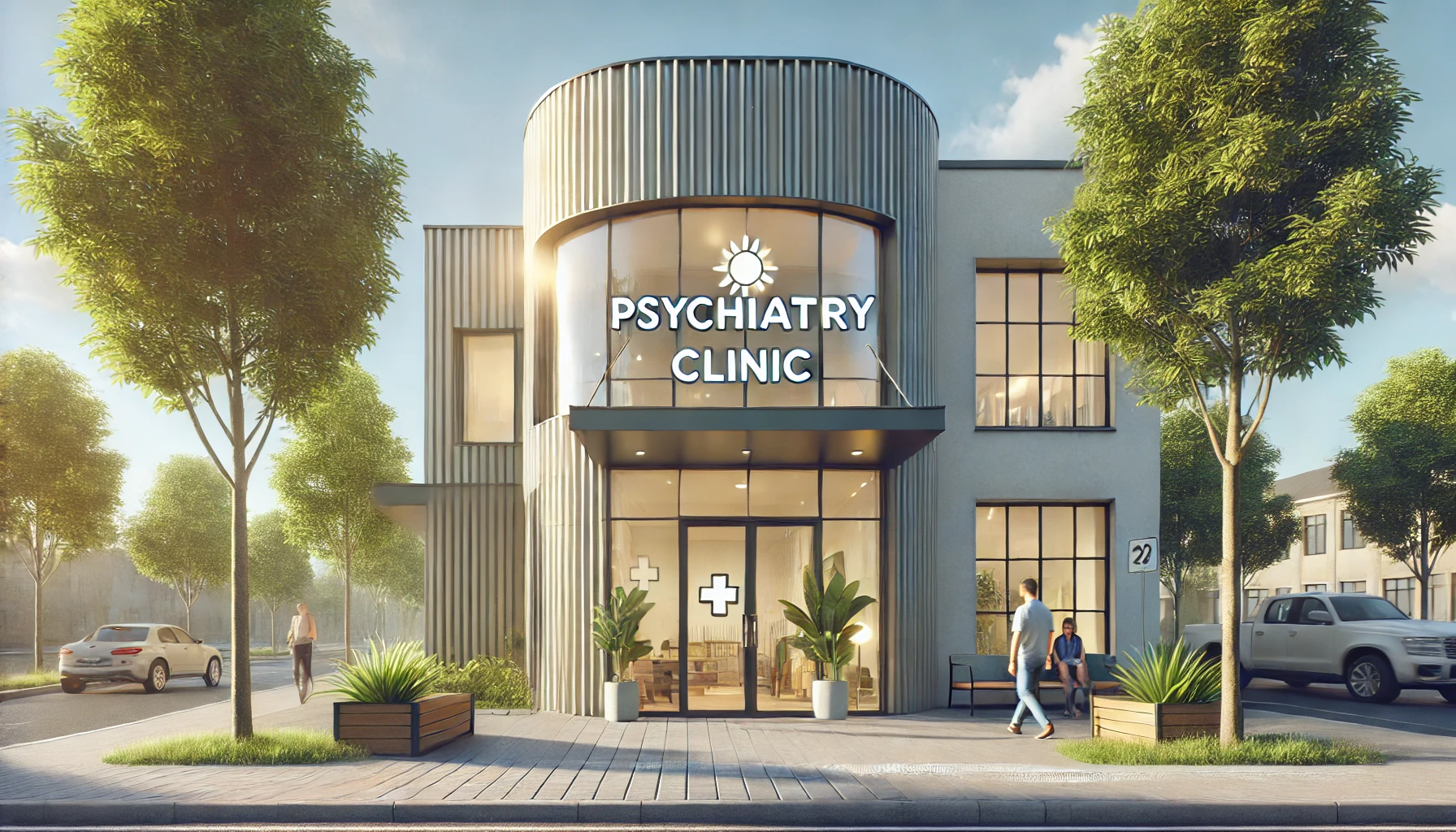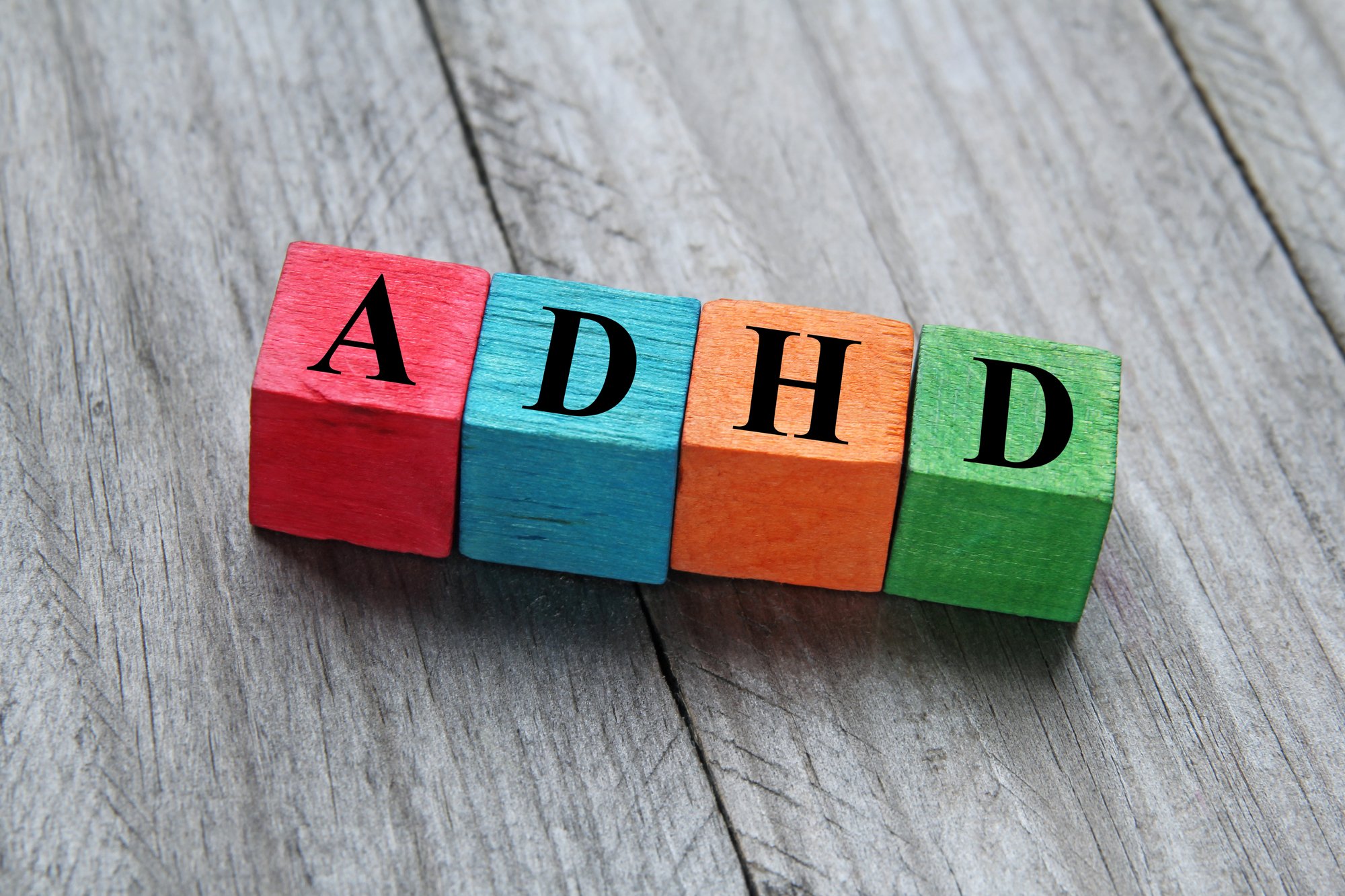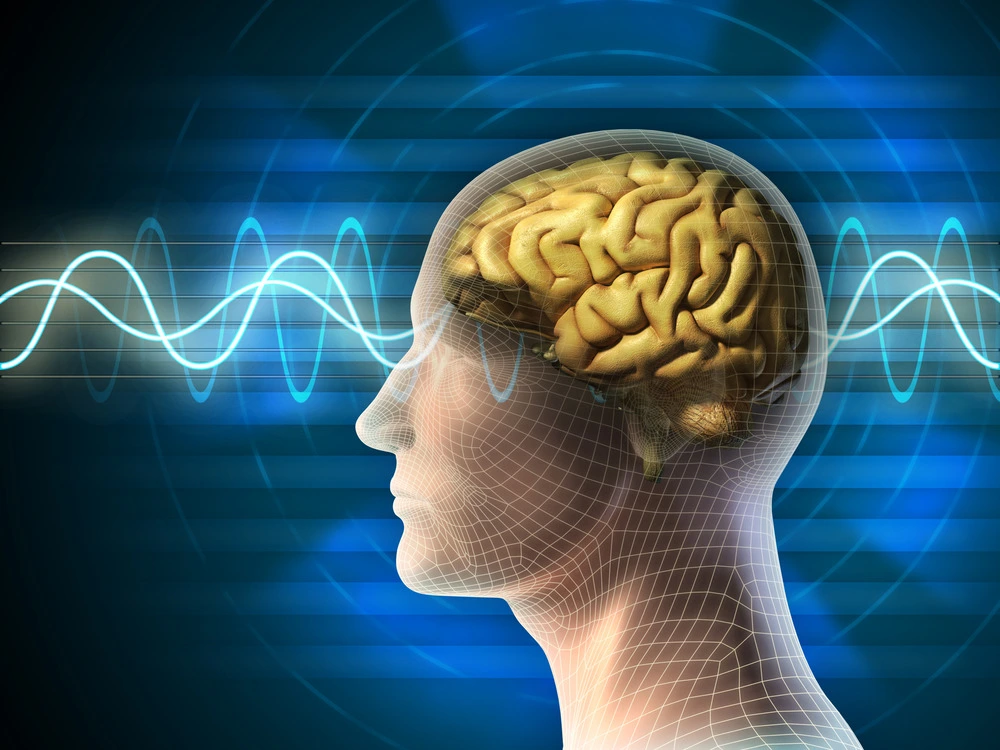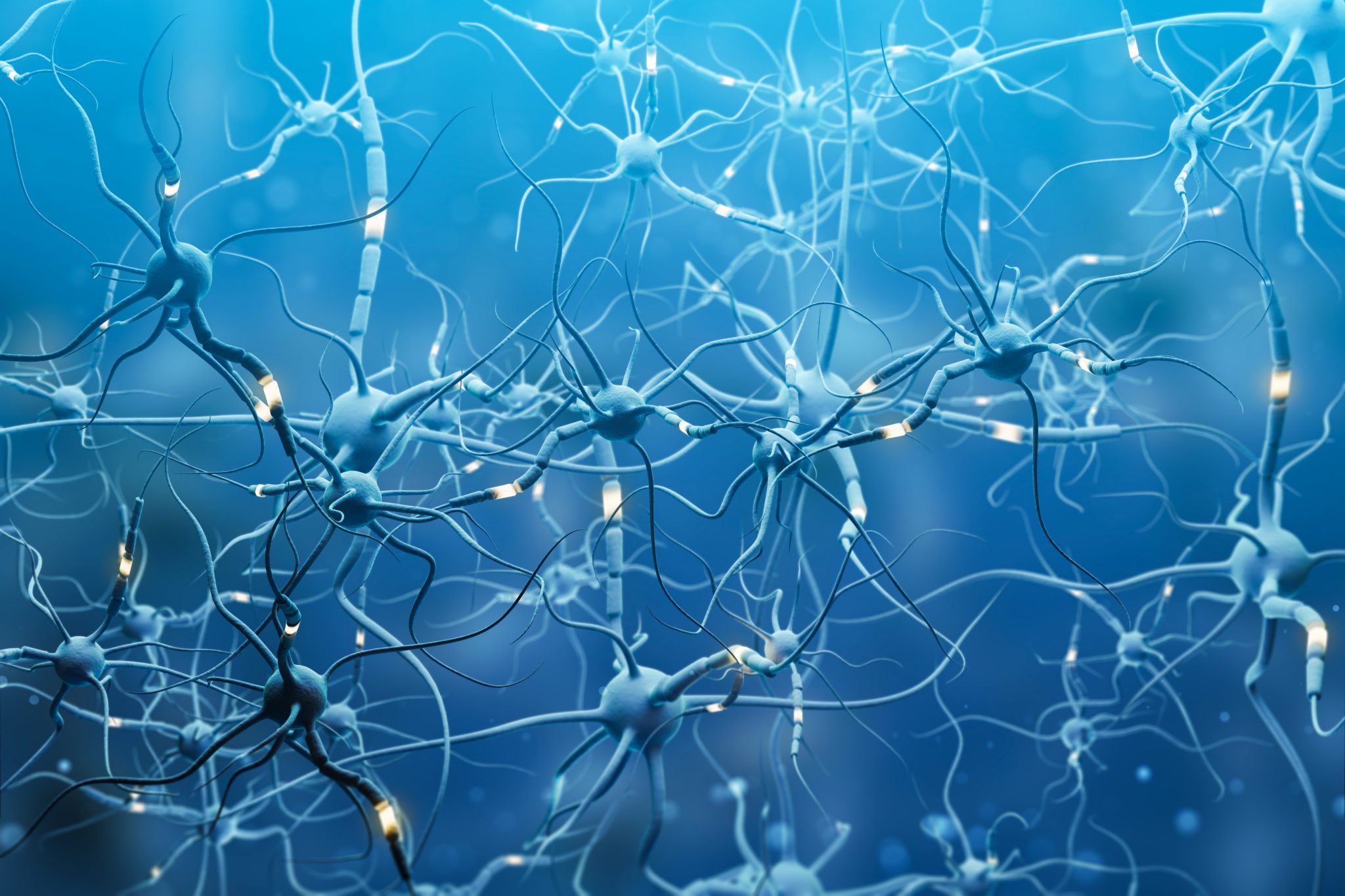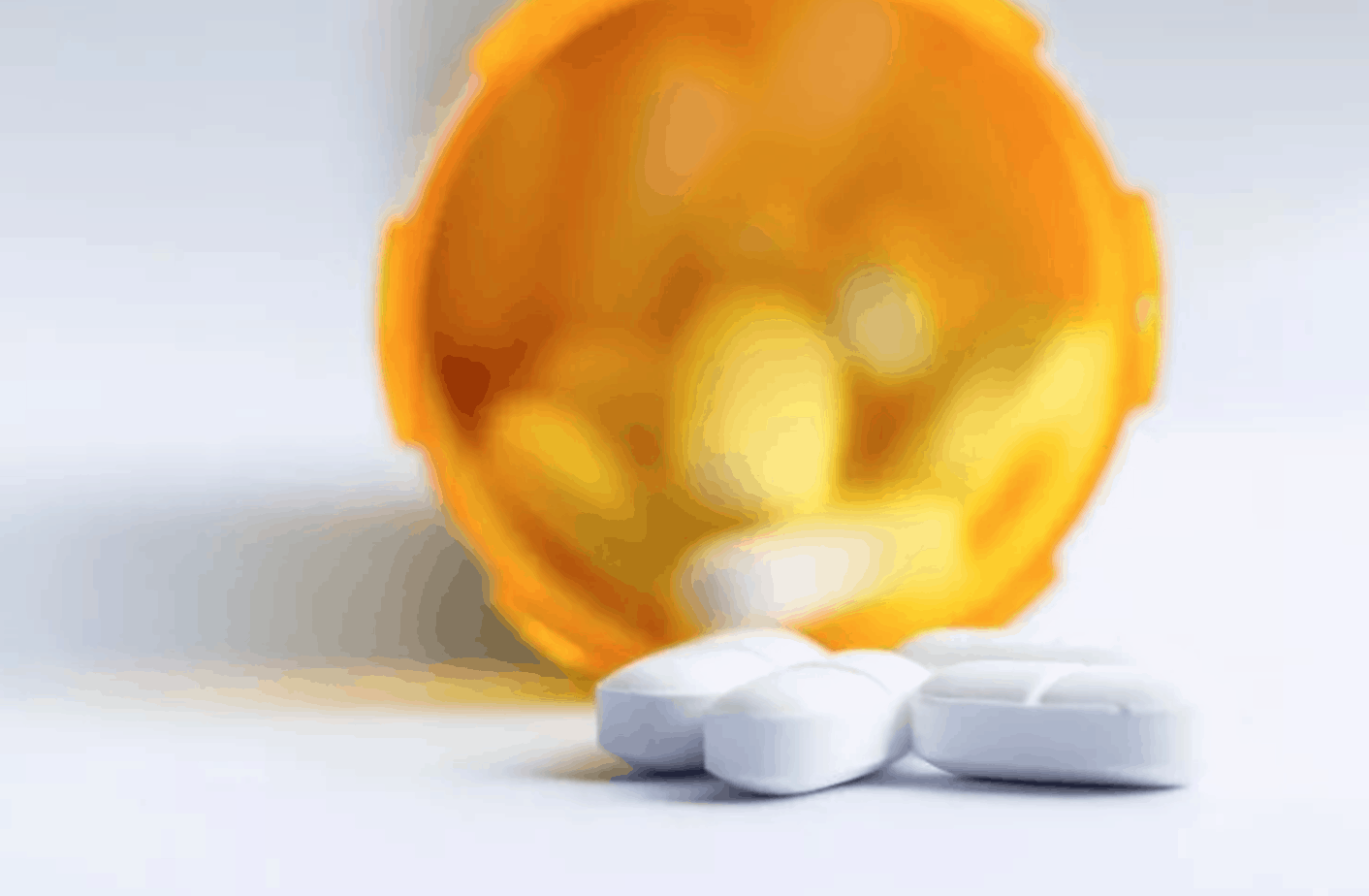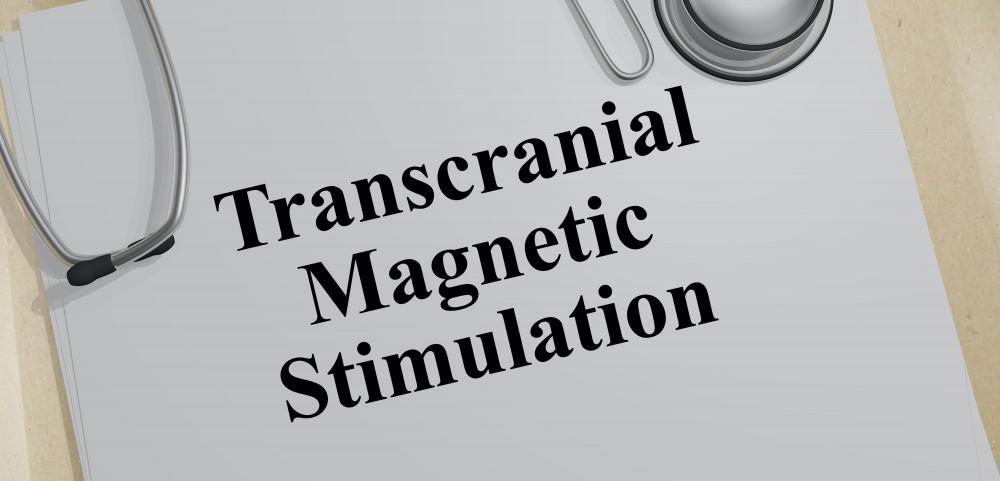With so many types of mental health treatment available today, people suffering from severe mood disorders such as depression and anxiety have a lot of options. But not everything works as well for one person as it does for another, making it tricky finding what treatment – or combination of treatments – works best for you.
Transcranial magnetic stimulation (TMS) therapy is one of the most exciting breakthroughs in mental healthcare. That’s why Bespoke Treatment is proud to be the first clinic specializing in TMS therapy in Los Angeles. TMS is a non-invasive treatment that uses vigorous and precise magnetic pulses — like those used in magnetic resonance imaging (MRI) — to stimulate the brain’s limbic system, which controls emotional and behavioral patterns.
If you’ve been dealing with a chronic mental health condition, chances are you’re already taking medications to treat it. But those medications might not be enough. Here’s what you should know if you’re considering supplementing your medication routine with TMS therapy.
TMS Doesn’t Interfere With Most Antidepressants
One of the first questions patients should ask themselves is, “Is TMS therapy safe?” The answer is, “yes.” As a non-invasive, non-pharmaceutical treatment for depression and anxiety, there is little likelihood of TMS negatively interfering with any medications you take. As with anything medical related, it’s essential to talk to a licensed healthcare professional before starting any treatment and to monitor how your body responds to it. Overall, TMS is one of the safest options for supplementing any antidepressant routine.
TMS Side Effects Are Usually Mild
The problem with treatment sometimes isn’t that it doesn’t work, but that its side effects are so unbearable that it negates what good the medicine does. When using more than one kind of treatment, the chances of negative side effects are essentially doubled. Fortunately, the side effects of TMS therapy are usually mild and unlikely to exacerbate any side effects of other medications. The common side effects of TMS are normally limited to a tingling or tapping sensation in the scalp or face, lightheadedness, and occasional headaches.
TMS Can Increase the Effectiveness of Medications
While TMS is unlikely to have any negative interaction with the medications you take, it can have positive ones. Because of how well TMS can ease symptoms of depression and anxiety, it is often referred to as an “augmentative therapy.” This means that TMS and prescription medicines work with each other to treat you. TMS and medication are often more effective together than on their own.
TMS May Even Replace Prescription Drugs
The goal of any treatment is to help you recover from whatever ails you. With chronic mental health conditions, this is often easier said than done. “Getting better” with depression and anxiety usually means making small improvements in daily life rather than outright getting rid of the disorder.
The success rate of TMS therapy, however, shows that remission is possible. About 50% of people who use TMS experience complete remission, their depression symptoms absent after just one course of treatment. These people have no more need to continue expensive prescriptions.
Contact Bespoke Treatment Today about TMS Therapy
At Bespoke Treatment, we always start with learning about you as a person, not just a patient. Once we know your symptoms and your lifestyle, we can create a treatment plan specifically tailored to your needs. In addition to TMS therapy, we also offer neurofeedback and ketamine infusions as alternative treatments for depression and anxiety.
If you’ve been struggling with a mental health condition that has negatively impacted your life, contact Bespoke Treatment for a consultation today, and let us help you walk the road to recovery.


